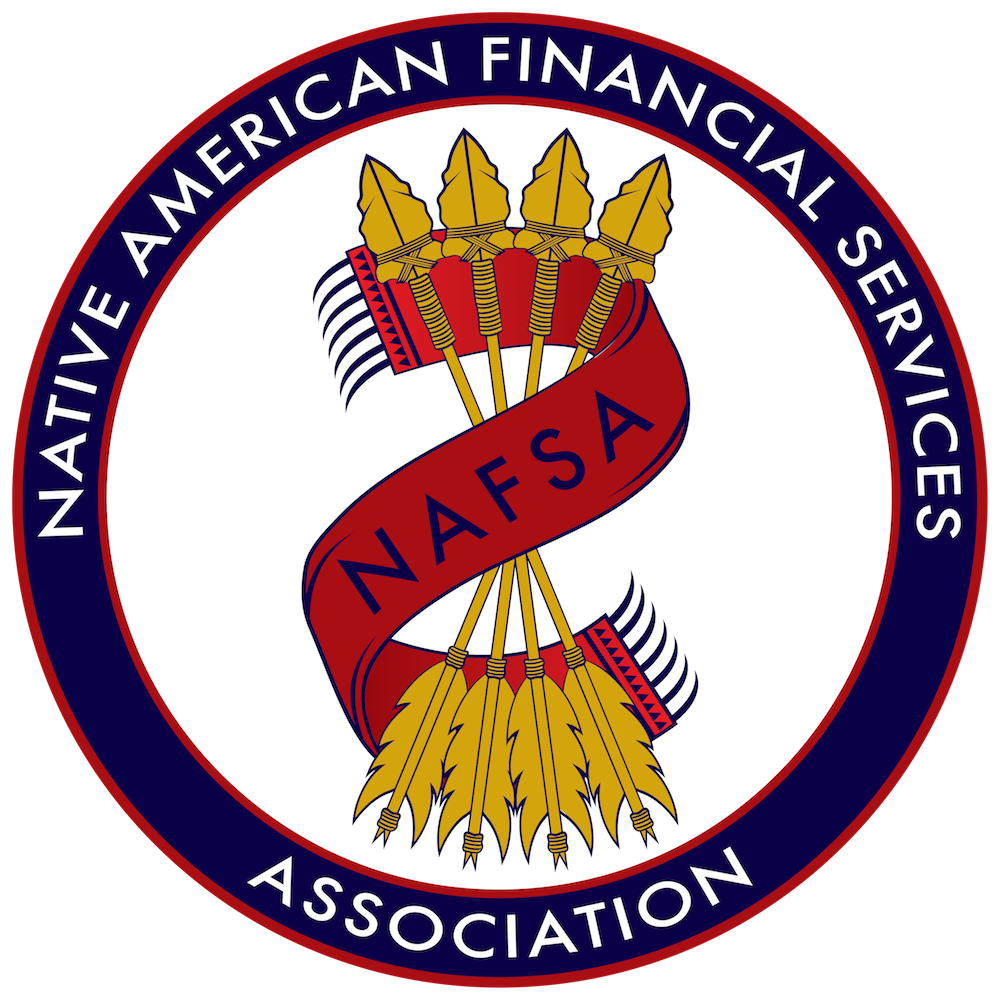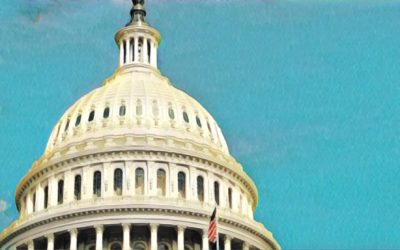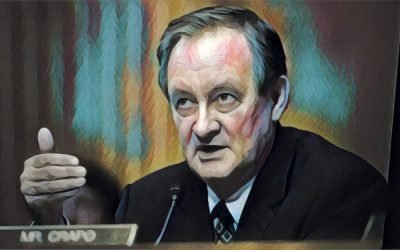The Latest Financial News
Congress Passes Native American Language Bill, Sending Legislation to President’s Desk
Earlier this month, the House of Representatives passed S. 256, the Esther Martinez Native American Languages Programs Reauthorization Act, a bill that protects the survival and continuity of Native American languages by strongly funding them from fiscal year 2020...
Experian Report Finds Americans End Decade With Average Credit Score of 682
Last week, Experian released key findings from its annual State of Credit Report, which highlighted trends in credit and spending behaviors in advance of the new year. Included in these findings is that the average credit score for consumers reached an eight-year high...
Crapo Announces Opposition to Cannabis Banking Bill
After a long wait and intense speculation from the banking, cannabis, and other industries, Senate Banking Committee Chairman Mike Crapo last week announced his opposition to the House-passed SAFE Act, which would allow banks to serve cannabis businesses. With...
Why NAFSA?
There are more than 570 federally-recognized tribes in the United States, many of whom are spread across in diverse areas. This has left a need for other tribal economic development opportunities to create sustainability and jobs on Native American reservations.
Tribal Financial Services:
![]() Create jobs & economic development on tribal lands
Create jobs & economic development on tribal lands
![]() Increase the financial independence of tribes
Increase the financial independence of tribes
![]() Deploy sovereignty & bolster tribal self-determination
Deploy sovereignty & bolster tribal self-determination

The Impact of Tribal Financial Services
Coming from a history of staggering unemployment rates, limited opportunities, and lack of access to fundamental resources, Native American tribes began online lending businesses to create real change for the future. Internet commerce has been a vehicle for supporting economic growth, tribal services, and tribal development. These are their stories.
Our Mission
To advocate for tribal sovereignty, promote responsible financial services, and provide better economic opportunity in Indian Country for the benefit of tribal communities.




